Table of Contents
Dr. Aurélio Pavinato, CEO of SLC Agrícola, sat down with Onyx for a feature-length interview.
Could you start by giving our readers a bit of background into your personal career journey and what led you to becoming CEO of SLC Agrícola?
I grew up on a very, very small farm here in the south of Brazil, just 15 hectares - and as I have seven siblings, we had a big family working on this small farm. You could say that we worked within a traditional system, using oxen to pull the plows and a hoe to clear the weeds from the field.
Normally, in that community, children used to study only up to level four (10-years-old). At that point, they would stop studying and become farmers. My first life decision was to keep studying. At that time, there was no school transportation in the countryside, so I had to walk five kilometers to finish elementary school! Then, I went to a very good high school, so I was well-prepared to enter university and take agronomy.
I finished college in 1990, but, during college, I started working on research. My preferred topics were cover crops and crop rotation. My undergraduate college was in Santa Maria, which is right in the middle of the state. After that, I decided to take a Master’s in Soil Science, in Porto Alegre - where I still am today - which I finished in 1993.
At that time, the choices were to go to work for a research company; become a university professor; or work on the production side. My decision was to work on the latter. Happily, SLC Agrícola was hiring a Master’s graduate in Soil Science, to help develop operations in the region, as the company was expanding.
So, I came to work for SLC exactly 32 years ago - tomorrow will be the 32nd anniversary! In the beginning, I worked on developing technology and establishing SLC’s Agricultural Planning department. After that, I became a farm manager, followed by an agricultural planning manager. From 2004 until 2008, I took my PhD in Soil Science, as well. In 2007, we did our IPO. I was appointed COO from 2008 until 2012.
Throughout my journey, I have tried to improve my education. In 2010, I did a management course; then, in 2012, a post-MBA at the Dom Cabral Foundation, together with the Kellogg School of Management near Chicago. At the end of 2012, I was appointed CEO, so I have been CEO for almost 13 years.
In 2016, I took an advanced management course, which is run by Dom Cabral, together with INSEAD, in Fontainebleau, France. The last one that I took was at Harvard Business School, known as the OPM (Owner/President Management), which is a nine-week presidential course, running for three weeks, each year, over the course of three years. I finished it in November 2023.
Throughout my journey, having been able to participate in all this education, I have encouraged and motivated other officers and managers to do so as well. Here, at SLC Agrícola, one of the things we do is to encourage people, including our operational employees, to study. We offer adult education, elementary school and high school, on each farm. Since 2017, we have graduated more than 400 employees. Today, we have more than 500 studying on the farms!
What would you say have been the key strategic drivers to the company’s growth in the past few years?
The SLC Group, as a machine manufacturer, was founded in 1945, so, this year marks 80 years since its founding. SLC Agrícola, as a farm company, was established in 1977. For the first 30 years, prior to the IPO, the strategy was to buy new farms in newly prepared agricultural areas every four or five years, and to develop them. This transformed the Brazilian Cerrado savanna into farming land.
After the IPO in 2007, as we raised money, we continued buying land and also started leasing more. Between 2007 and 2015, the focus was still to expand into new frontiers.
In 2015, we took the decision, on environmental grounds, to stop buying undeveloped land. We finished the land banking transformation, as we used to call it, by the end of 2021. Since 2015, the focus has been to expand onto mature land, which has mainly been leased rather than bought. We call this asset-light growth.
Next crop year, starting next month, our total crop area will be 830,000 hectares, of which 62% is leased land, and 38% is land that we own. As our main crop, we farm soybeans; cotton is our second-largest crop by area, but which produces more revenue than soybeans; and corn. In the last seven years, we have added both soybean- and cotton seed production, and integrated cattle along with our crops.
Over the last five years, besides our growing crop areas, we’ve also incorporated companies. In 2021, we added Terra Santa, with 145,000 hectares, as well as leasing Mitsui-Agro’s operation; and, this year, we’re buying a French company. We are adding around 100,000 hectares this year, through these big projects, plus smaller leases.
Comparing the last five years, we have almost doubled our crop area - from 450,000 hectares, in 2020/21, to 830,000, in 2025/26.
In our company’s third phase, the second pillar of our strategy has been efficiency, which means that we have been looking to increase yields, reduce production costs, and invest in ESG. Mature land has higher yields and lower costs, when compared to new land undergoing transformation.
How have you tackled global supply chain pressures?
We are in Brazil, which is one of the world’s biggest food suppliers. This year, we are harvesting 338 million tons of grains, and exporting almost half of that, plus meat, orange juice, coffee, and so on!
When I look at the global agricultural production chain, the most populated countries – notably, China and India - have growing GDP and, as such, a growing demand for food. Many countries are not able to feed themselves.
Trade between countries is necessary. Both South and North America produce huge amounts, and Asia demands that production. Geopolitical issues affect markets and trade flows, but, in the long term, I think global society will find a way to keep trade moving - both in agricultural products and in inputs.
While Brazil exports food, it imports a lot of fertilizer and chemicals. We need that two-way trade! Throughout our history, politically-speaking, Brazil has been a centrist country - neither extreme right, nor extreme left. Today, we are facing polarization; but, I think, over time, it will be solved, and trade will continue as it should.
What kind of strategic partners are you looking to attract?
We export to Asia, Europe, and Africa. Asia is already our main market, and Africa is growing fast, as the population increases. Europe’s demand will probably stabilize.
Just yesterday, I was receiving clients from Vietnam, Bangladesh, Indonesia, China, Pakistan - which is a big cotton client - and India. India’s GDP and population are both growing, so food demand will grow a lot. In all likelihood, we will start supplying much more food to India over the coming decades.
Our goal is to work with all these countries and establish lasting relationships.
Over the next decade, where would you like to see SLC Agrícola develop?
When I joined, the strategy was to develop very good soil management and soil crop rotation, to allow us to have as great a yield as possible. Today, we run 26 farms, and, on 14 of them, we have our own research plots. In total, these plots constitute more than 100 hectares per farm, each with more than 30 experiments that are currently underway. The goal is to find the best technology and to adapt it to each region.
With regards to new chemicals, breeding, varieties, and digital agriculture, we have been early adopters. Five or six years ago, we established an innovation team, with a head of innovation and IT labs, to develop new solutions.
Over the next 10 years, we intend to continue growing, but with no more deforestation. Since August 2021, all our expansion has been on mature land or degraded pasture. Brazil has 160 million hectares of pasture. As cattle production technology improves, some of that land can move to crops, like soybeans and corn.
We also want to aggregate value to our products, as we’ve done with seeds; for instance, by transforming grain into higher-value products.
Our dream is to positively impact upon future generations, by being the leader in global efficiency in the agricultural sector, and, above all, to respect the planet. Our values are integrity; to create long-lasting relationships; to always exude a passion for what we do; and strive for sustainable results.
For SLC Agrícola, sustainability is an economically wise decision, as we can be among the most efficient commodity producers. Environmentally, we participate fully in the circular economy, by implementing 100% recycling on our farms, with 11 already implemented; we are also applying our inputs precisely; and increasing yields to avoid the need to expand our planted areas. Thirdly, as I mentioned earlier, we are investing in community education thanks to the SLC Institute, which was created in 2020.
Looking at history: over the last 50 years, global grain production went from 1.3 billion to 3.5 billion tons. About 1.5% CAGR was from yield increases, and 0.5% from land expansion. By 2050, with 10 billion people on the planet, almost all supply growth will have to come from higher yields, which is why technology and soil health are so important.
In 10 years’ time - when I will have completed 42 years with SLC Agrícola, so, in all likelihood, I’ll be at the end of my career - I want to hand over to my successor a company with a well-developed sustainable production system; one which is based on economic efficiency, environmental responsibility, and strong social impact.

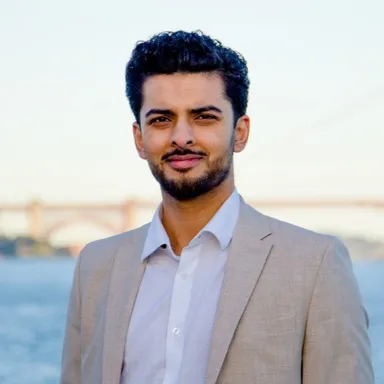

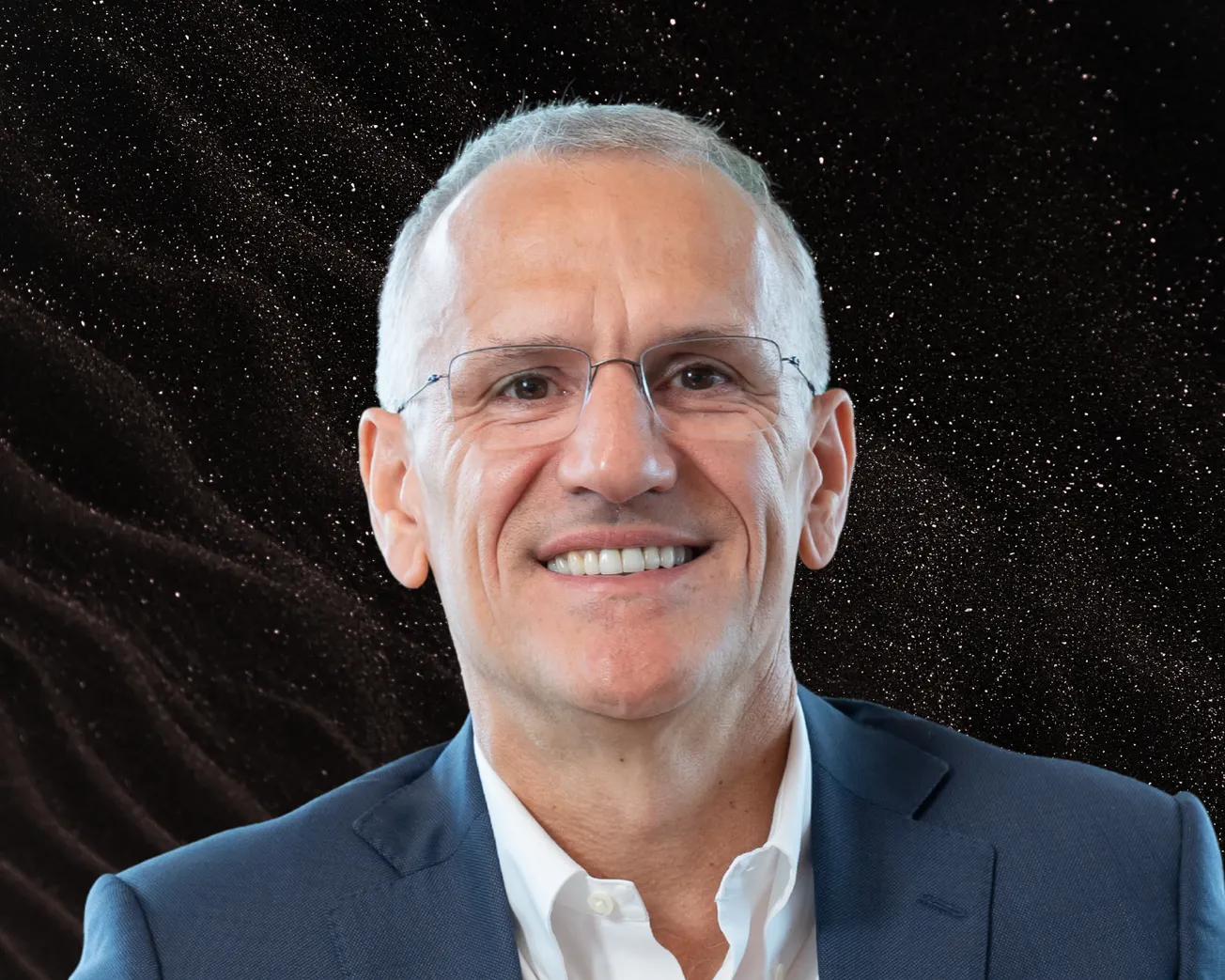
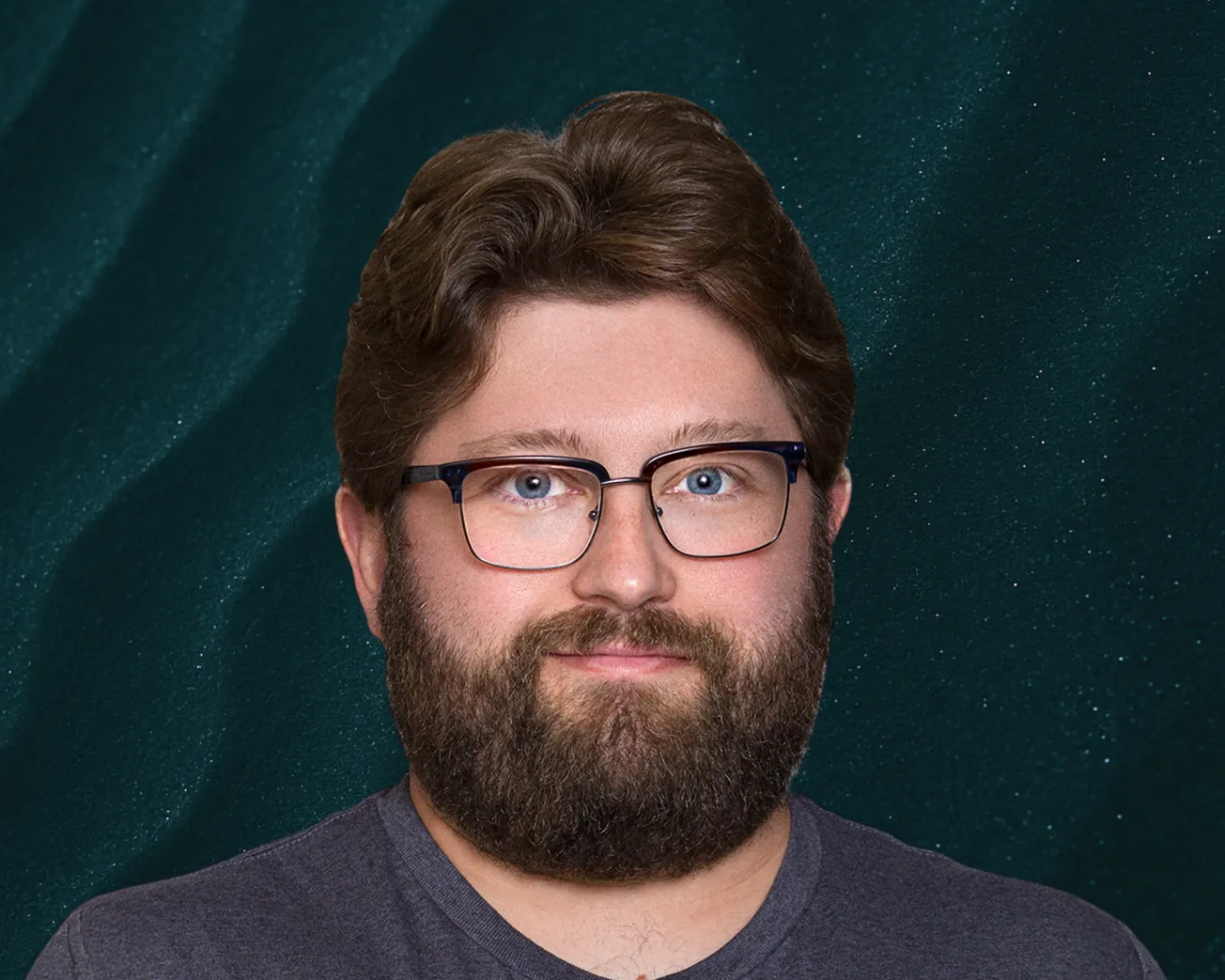
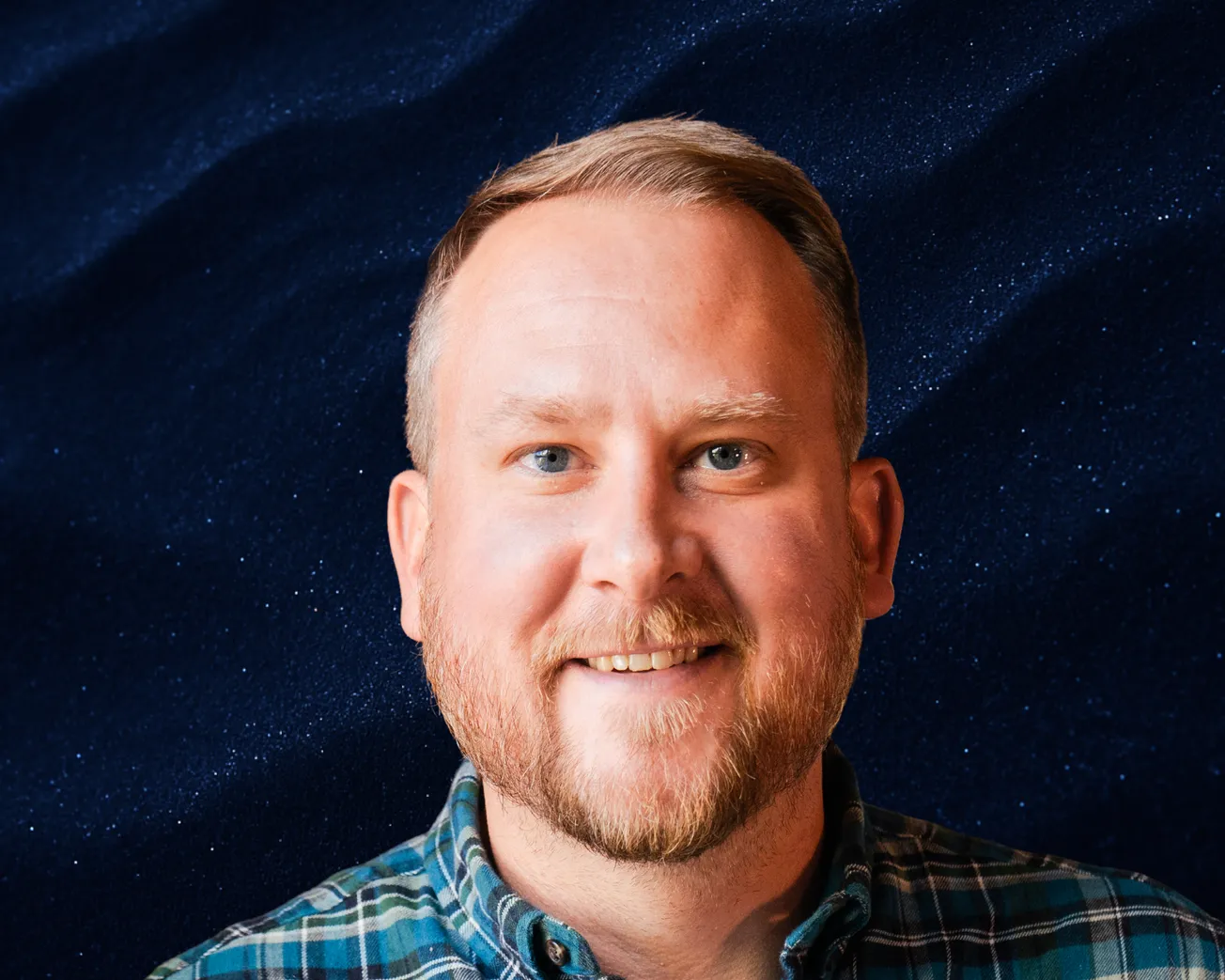
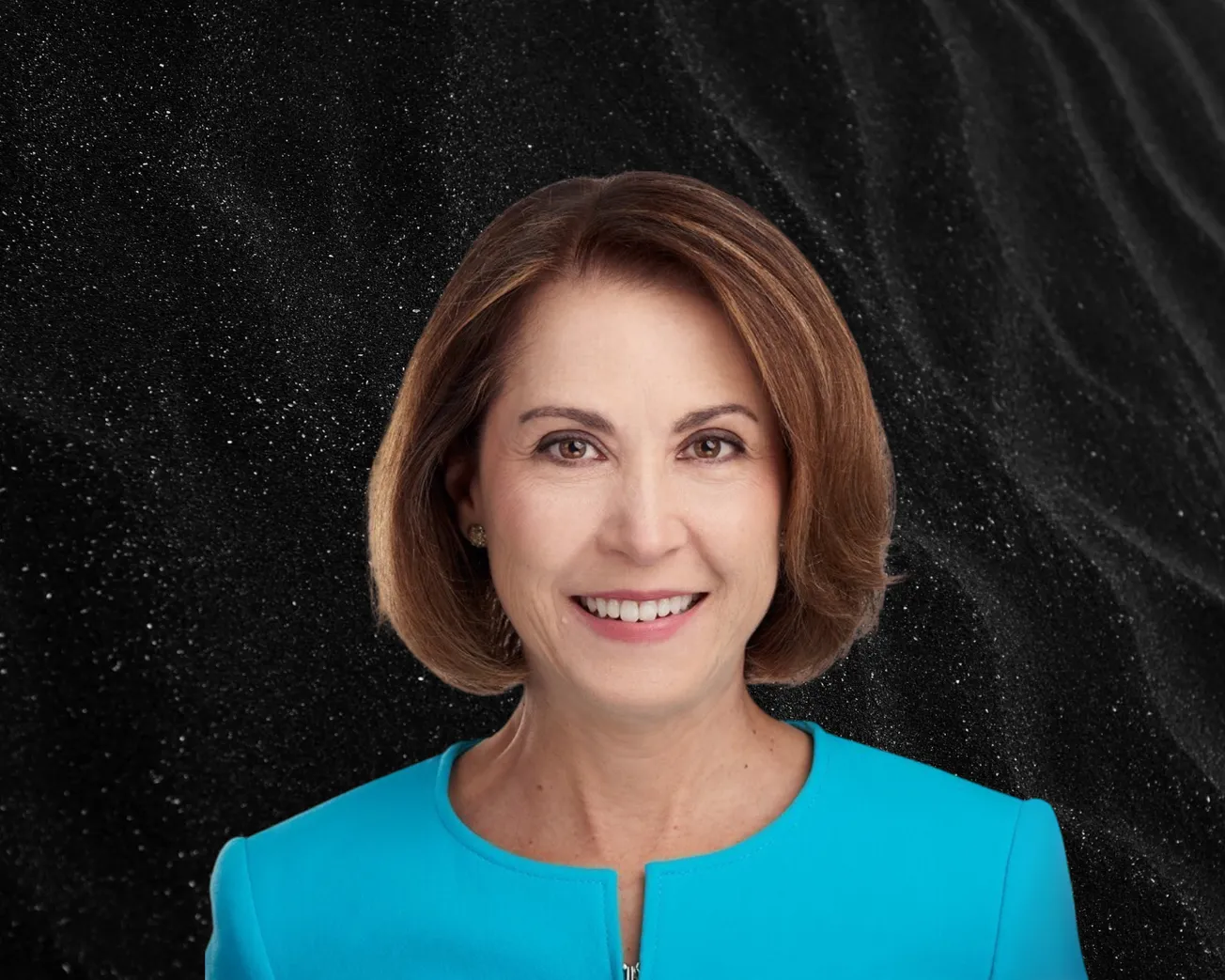
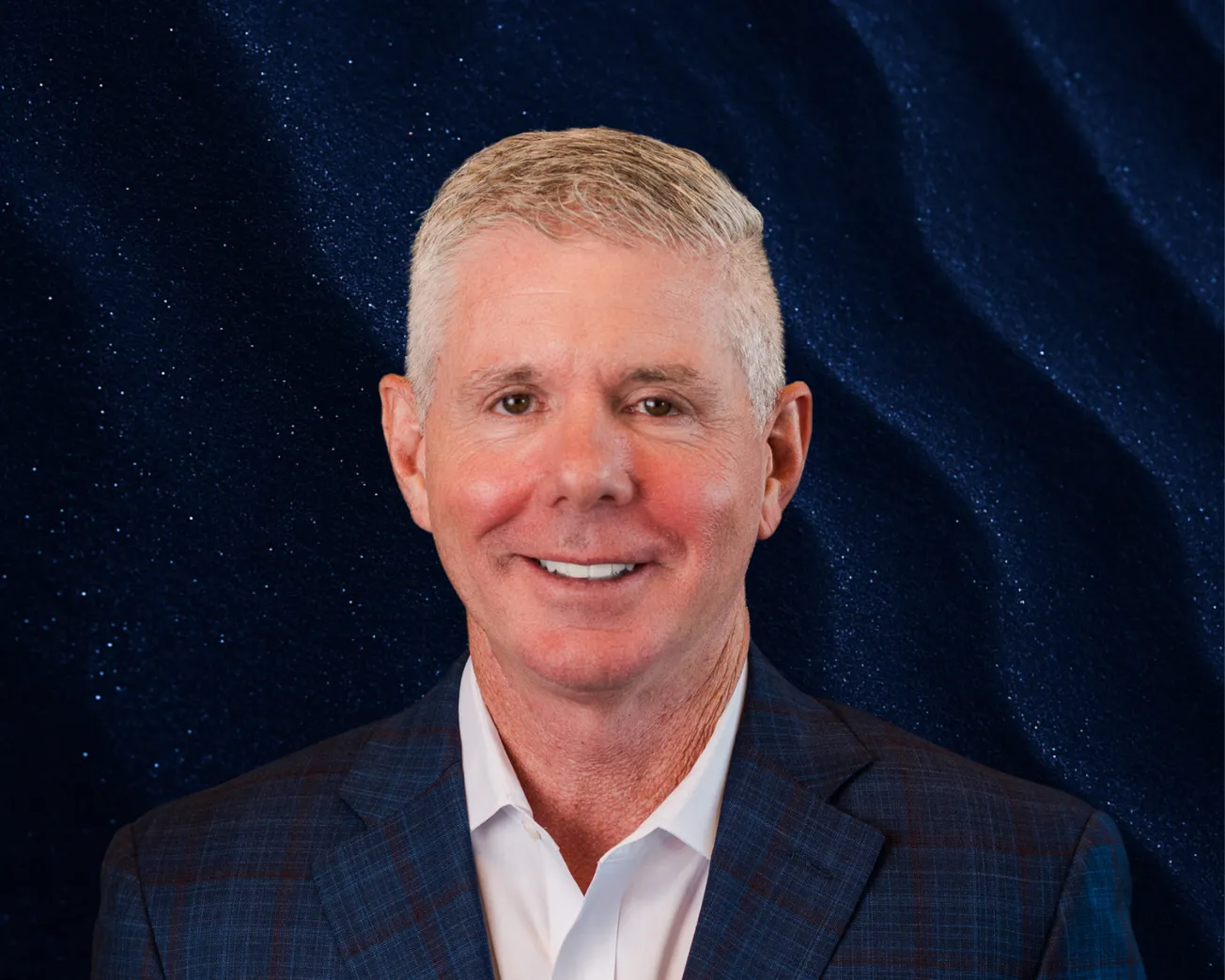
Comments